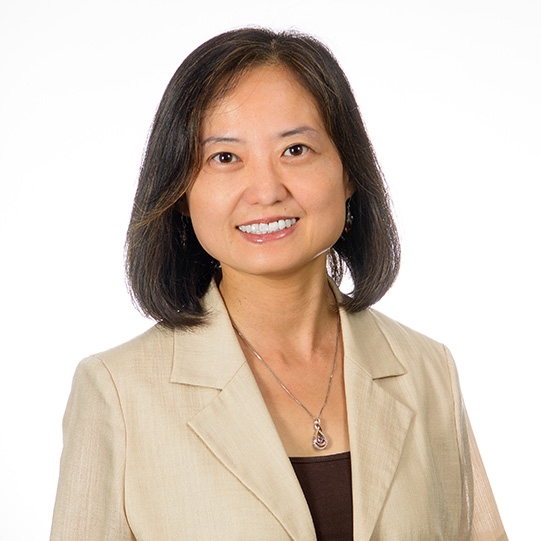ACHF and Taiwan Forum lecture, “Post-Colonial Decolonization of Community Design: Learning from Hawai’i and Taiwan,” by Dr. Chingwen Cheng (March 5, 2020)
The Boston University Asian Cultural Heritage Forum, Taiwan Forum, and Preservation Studies Program
are very pleased to invite you to attend an upcoming lecture and discussion:
Post-Colonial Decolonization of Community Design:
Learning from Hawai’i and Taiwan
Dr. Chingwen Cheng, PhD, PLA, LEED AP
Assistant Professor of Landscape Architecture, The Design School, Arizona State University
Thursday, March 5, 2020 at 5:00 pm
121 Bay State Road, Boston University, Boston, MA 02215
Free and open to the public!

Abstract:
Redistribution of power dynamic in planning process for achieving full citizen participation has been considered the ultimate goal for community design in theory. Nevertheless, the common practice of public participatory design methods are often limited to preconception of the products to be delivered to the public toward the end of the design process. In addition, the participatory method predominately taught and practiced in the mainstream of planning and design education and professional practices can be considered as another form of colonization as the processes of colonialism and imperialism. Dr. Cheng draws critical theories from across disciplines in geography, communication, anthropology, and religious studies to challenge current design thinking and practices engaging with communities. Case studies drawn from post-colonial context in Hawai’i and Taiwan will be discussed to explore new insights in ways for genuine, meaningful, and effective community engagement in the design process. As scientists and designers seek to design products and implement solutions to achieve sustainable development goals globally, this discussion is particularly important for understanding the underlying ethics and values for place-based and localized design solutions; and even more importantly, the critical mindsets for decolonizing design in the participatory process that retains, rediscovers, and reinstalls the power to communities.
Keywords: decolonize design, design thinking, community engagement, design process
About the Speaker:

Dr. Chingwen Cheng is Assistant Professor of Landscape Architecture at The Design School and Senior Sustainability Scientist at Arizona State University. Her research investigates the role of ecological design in addressing climate justice and building resilient communities through enhancing social and ecological capitals in the transformative participatory process in addition to sustainable and equitable landscape design products. Her work integrates transdisciplinary collaboration and spatial mixed methods. She holds PhD in Regional Planning from the University of Massachusetts Amherst, Master in Landscape Architecture from the University of Michigan, and she earned her B.S. in Horticulture and Landscape Architecture at National Taiwan University. Prior to joining the ASU in Fall 2015, Chingwen Cheng was a visiting scholar at the Risk Society and Policy Research Center at the National Taiwan University and post-doctoral research fellow at the School of Natural Resources and Environment at the University of Michigan. She is a licensed Professional Landscape Architect and LEED Accredited Professional and has practiced in Chicago, Illinois, and Tampa-St. Petersburg, Florida.
Cheng has investigated the climate change and land use change impacts associated with urban growth through scenarios and hydrological modeling (SWAT) on flooding hazards in addition to the empirical evidence of Climate Justice—uneven distribution of climate change associated environmental hazards exposed to socially vulnerable groups. Moreover, she has investigated the effects of green infrastructure in mitigating climate change-induced flooding and its role in serving as adaptation strategies. Current research efforts examine the resilience theory and design implications and assessment of green infrastructure performance for their ecosystem services benefits and their adaptive capacity to climate change. Finally, efforts are underway to engage communities, especially socially vulnerable groups, to learn how climate risk perception and adaptation actions across institutional scales that influence green infrastructure decision-making in order to address climate justice in design.
For additional information, see https://sustainability.asu.edu/person/chingwen-cheng/
We are very pleased to acknowledge support for this event from the BU Center for the Humanities, the BU Center for the Study of Asia, and the Education Division of the Taipei Economic and Cultural Office in Boston.